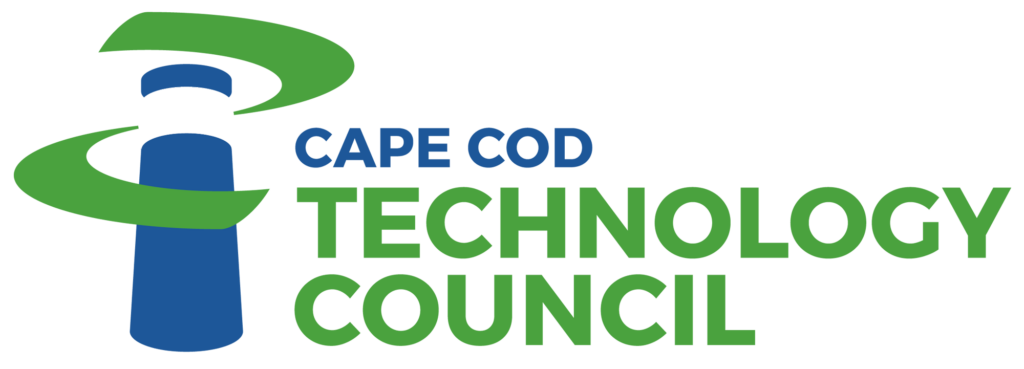At the Infrastructure Committee’s May meeting, it was announced that the Cape Cod Commission has approved the Park City Wind Project, which the Tech Council had supported. This is the third wind project moving forward on the Cape.
We also heard from representatives from the Massachusetts Broadband Institute (MBI) about their Municipal Digital Equity Planning Program and Broadband Equity Access and Deployment program (BEAD).
MBI is hoping to get more communities on the Cape involved in the Municipal Digital Equity Planning Program. This program pairs a planning consultant with a municipality for a short term planning charrette or a longer term Digital Equity Plan process. Contracts are between MBI and the consultants, so no grant management burden is absorbed by the town. It is funded by state ARPA money. https://broadband.masstech.org/municipal
The program is designed to guide decision-making and prepares municipalities to apply for forthcoming funds. The process may help towns get a better understanding of areas with poor service, or places where affordability is an issue.
Fifty-six municipalities have signed up state-wide. MBI reported lower participation on the Cape, with only Bourne and Sandwich enrolled to work with the Cape Cod Commission (one of the authorized consultants).
The Municipal Digital Equity Planning Program is driven by the Digital Equity Act, with all activities informing the statewide digital equity plan. MBI wants as many communities involved as possible to help inform this process. Towns or groups of towns can apply by submitting a simple online application. Consultants are then recommended to the town(s) based on geography. MBI clarified that this is not an infrastructure program; it sets communities up to apply for future funds that can be applied to infrastructure.
In addition to the Municipal Digital Equity Planning Program, MBI is involved on the national level through the Broadband Equity Access and Deployment (BEAD) program, an effort to ensure the bipartisan infrastructure law, Internet for All, is executed properly.
BEAD is intended to bring connectivity to all U.S. citizens, focusing on equity through access and affordability. The Commonwealth of Massachusetts has passed the grant money through MBI, which is responsible for executing the program. The goal is 100% service for all.
This planning program is a one year piece to help the state develop their digital equity plans. It is allocated through the state broadband office of the states, which must address unserved serviceable locations (less that 100/20 service), community anchor institutions, and digital equity initiatives. Through BEAD, MBI will work with communities to define where those locations are and help them put plans in place.
MBI is currently in planning mode. They have launched a series of stakeholder activities, are planning regional events, and have requested meetings with the Infrastructure Committee to discuss next steps in reaching impacted residents, and stakeholders.
To identify areas that qualify as underserved, maps created by the Federal Communications Commission that identify unserved locations are being evaluated. Infrastructure allocations will be based on those maps, announced the end of June. https://broadbandmap.fcc.gov/home
Anyone can challenge the FCC map. The FCC will adjudicate the process on a rolling basis to create a final set of maps to determine funding. States will create their own challenge process to determine locations where BEAD funding can be spent (unserved, underserved, digital equity, and anchor institutions). A second map (beta version) has information that is relevant to that conversation: https://beta-dot-mbi-broadband-map.uk.r.appspot.com/map/
This map shows service coverage, with red dots indicating unserved areas. Feedback can be submitted through the map.
Members of the Infrastructure Committee recommended a follow-up meeting with MBI to continue this work.
We also heard from the Progressive Policy Institute, which champions political reform in matters of transportation, education, broadband, and digital innovation. They are working on advocacy methods, have met with Open Cape, and hope to connect with organizations like the Tech Council as they promote public policies that support our industry. They requested a letter of support from the Tech Council, which the Infrastructure Committee will review before making a recommendation to the Executive Board.
